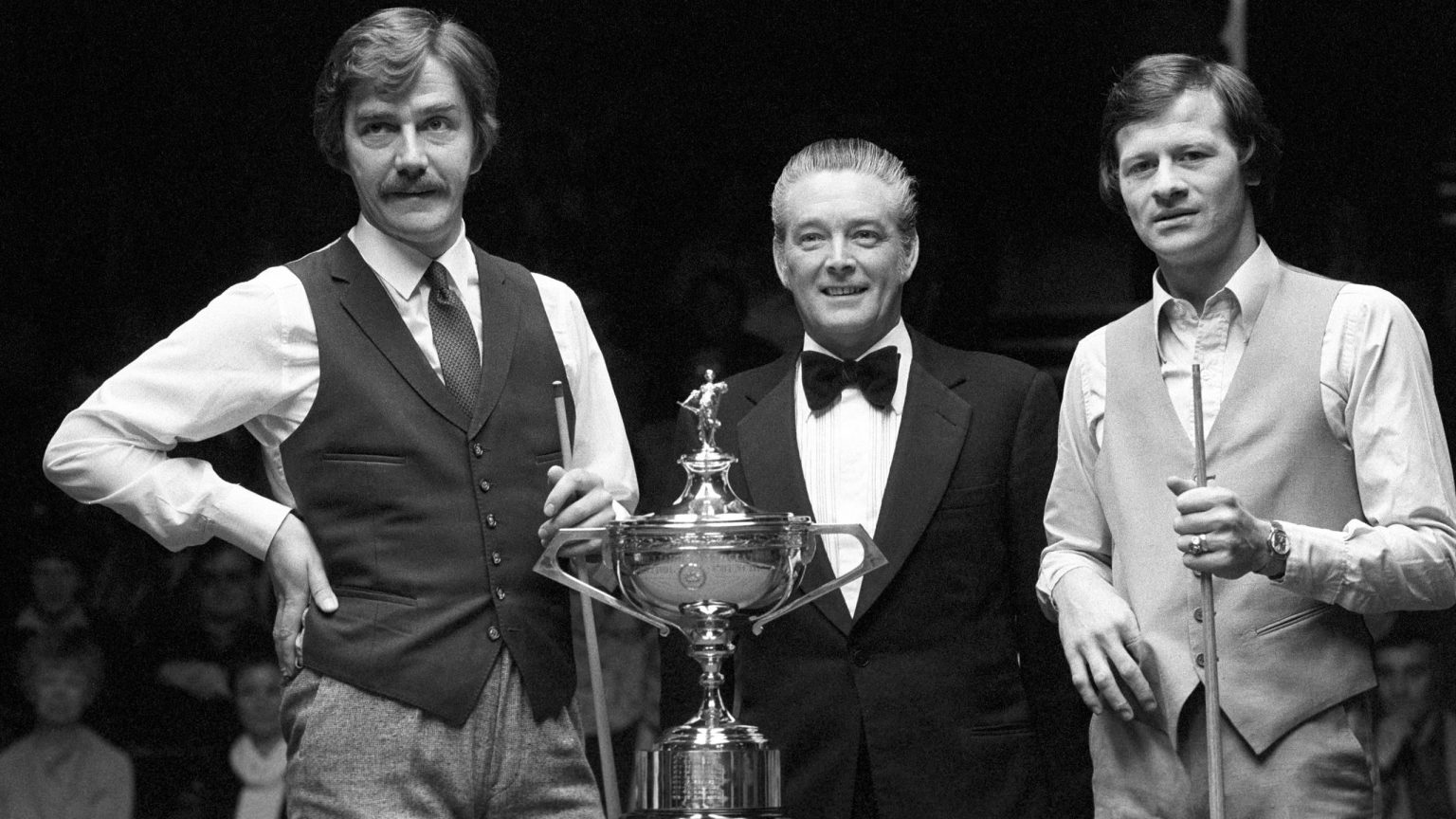In the world of snooker, the times are changing rapidly. From the modest financial rewards of the early days of televised competition to the staggering prize funds seen in more recent years, the sport has undergone a significant transformation. The prestigious World Championship, once held at the iconic Crucible Theatre in Sheffield, now faces competition from new events offering record-breaking sums of money. The latest addition to the snooker calendar is a tournament in Saudi Arabia, where players can compete for a total prize pot of £2,395,000, with the winner taking home a massive £500,000.
Unlike the traditional setup of the World Championship, where only the top 32 players compete at the Crucible, the Saudi event welcomes all 144 participants to the finals venue in Riyadh. This inclusive approach ensures that even lower-ranked players have the opportunity to earn significant sums of money, with a guaranteed minimum payout of £2,000 for making the trip. The prospect of winning a £50,000 bonus for a perfect 147 break adds an extra layer of excitement for the competitors. The influx of money from Saudi Arabia into snooker mirrors similar investments in other sports such as boxing, football, and golf.
With the current contract for the World Championship at the Crucible set to expire in 2027, there is uncertainty about the event’s future location. The allure of higher prize money offered by Saudi Arabia raises questions about whether the prestigious tournament will remain in Sheffield. While there is nostalgia and history associated with the Crucible, the practicality of providing larger prize funds to attract top talent and maintain competitiveness cannot be ignored. As snooker continues to evolve and adapt to changing demands and opportunities, the potential for a more lucrative World Championship in Saudi Arabia in 2028 is a distinct possibility.
The shift in snooker’s landscape reflects a broader trend in sports toward bigger prize funds and increased competition for top athletes. The sport’s heyday in the 1980s was characterized by British dominance and a strong following in the UK, but the global appeal of snooker has expanded beyond its traditional boundaries. The move to Saudi Arabia for a ranking event signals a new chapter in snooker’s journey, where international markets and potential for growth take precedence. The evolution of the sport will likely see players and fans alike adapting to a changing landscape with new opportunities and challenges.
As the sport of snooker navigates these changing times, the decision-makers face a delicate balancing act between honoring tradition and embracing innovation. The lure of larger prize money and global exposure may ultimately influence the direction of the sport, as seen in the case of the potential relocation of the World Championship from the Crucible to Saudi Arabia. While sentiment and nostalgia are powerful factors, the competitive nature of modern sports and the need for progress and growth may tip the scales in favor of new opportunities and partnerships. With snooker’s future direction pointing towards international markets and increased financial incentives, the sport’s stakeholders must carefully consider how to best position themselves for success in a rapidly evolving landscape.


